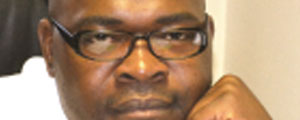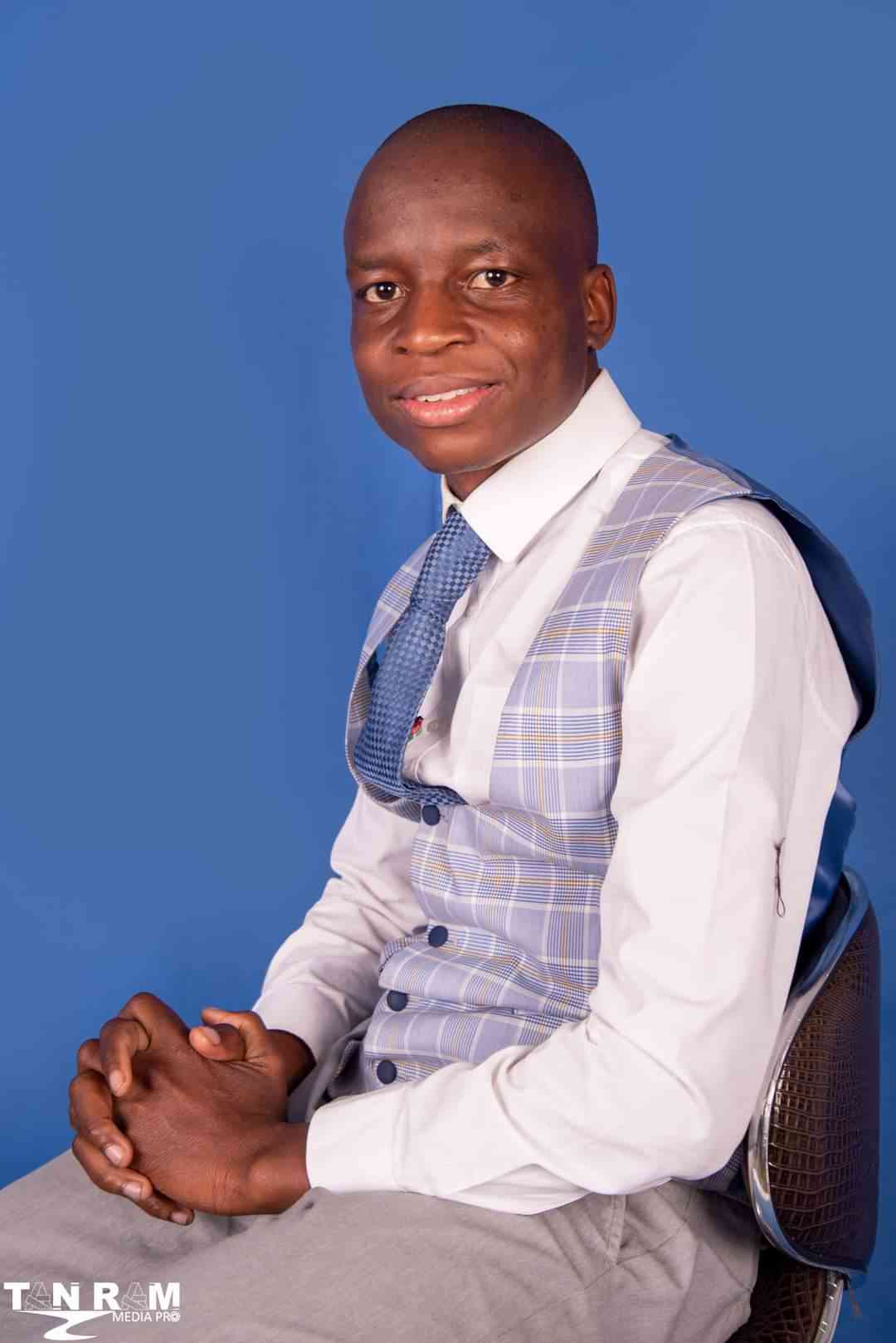
At 95 years, the death of Nelson Mandela is surely a cause for celebration. My grandfather died last year at approximately 100 years and the family celebrated his longevity.
And just having achieved that, my grandfather is our hero even though he was never a leader of a country. He was just that guy who had a chance to be part of five generations.
Today as the world celebrates the life and death of Nelson Mandela an African liberation icon and global hero, it is unsurprising and yet utter disrespectful to question Mandela’s hero credentials. The timing of the questioning makes it even more disgusting. Imagine at your father’s funeral a neighbor walks in to whisper in your ears that your father was not good to you.
I guess it is part of enjoying freedom of expression; the same values Mandela fought for and never took from anyone. And perhaps one of the many reasons his people and those across the world consider him a hero. And perhaps the same freedom of expression they would not enjoy in Zimbabwe. It is surely for South Africans to decide who their hero is and in Mandela they see one.
And for a country that has for a long time complained of external interference in its internal political affairs, these questions by Zimbabweans may be similarly intrusive. South Africans have not sought our politburo’s endorsement on Madiba’s hero status and so who are we to question.
Perhaps it may be vital to look back at historical moments which presented certain African nationalist leaders with opportunities to become global heroes such as Mandela. Of course doing so may require narrating the entire African colonial history but I will start from the Wind of Change, an address by the British Prime Minister Harold Macmillan to the parliament of South Africa in February 1960.
The speech acknowledged that change in Africa was inevitable and signaled his government’s intention to grant independence to most of the British colonies. He encouraged the South African government to change some aspects of their policies as they made it morally and political impossible for the British government to support without contravening global norms.
Violent political confrontations escalated in the 1960s culminating in many African countries attaining during the same decade. That was the same decade Mandela would be imprisoned for 27 years. In Southern Africa colonial resistance remained in Angola, Mozambique, Namibia, South Africa and Zimbabwe. Colonialism policy had two dimensions.
- Chamisa under fire over US$120K donation
- Mavhunga puts DeMbare into Chibuku quarterfinals
- Pension funds bet on Cabora Bassa oilfields
- Councils defy govt fire tender directive
Keep Reading
There were territories which were colonies only for the expropriation of natural and human resources, while others such as those mentioned above were meant for long term settlement which explains why they were among the last to achieve independence. The wind of change blew across Portuguese colonies of Angola and Mozambique in 1975, pushing the settle communities into the few remaining enclaves of Rhodesia now Zimbabwe, South Africa and Namibia.
But the liberation struggle escalated in Zimbabwe as Mozambique and Zambia offered military support to the Zimbabwean nationalists. Independence was once again inevitable, the new political dispensation unpredictable given that the new Mozambique government had expelled and threatened the settle community out of the country, and so the great trek southwards cross Limpopo began as early as 1978 until post-independence Zimbabwe with few more diverting to Namibia which at the time was under South African colonial administration.
South Africa offered the last hope to colonial settlers and hence was the last port of refuge. But the million dollar question for most white settlers was what would happen if South Africa was granted independence.
And again independence was an invertible phenomenon despite the Apartheid regime procrastinating. This question became pertinent in 1990 when Nelson Mandela walked out of prison. They had seen the harsh realities in Mozambique, an unpredictable regime in Zimbabwe and an increasingly hostile South Africa did not look promising.
Those who maintained ties with their parent countries fled back to the Britain while others left for Australia. But the rest from the generations of middle-income especially the Afrikaners who had cut ties with their parent country and the British who had started positioning their control on the economy especially mining remained.
There was no doubt that panic was high among the white community in South Africa as Nelson Mandela walked out of prison. It was a make or break situation and as fear gripped many. Some had packed their bags even without a destination.
But this tension would thaw as Mandela gave his first speech emphasising reconciliation and forgiveness to the settler communities who had squashed themselves in South Africa from different African countries.
For forgiving the oppressors and giving them another rare chance, Mandela became a hero to them. For delivering South African out of apartheid, he is a hero to South Africans. For passing the baton after serving for only four years after 27 years in prison, he set an example of true leadership. During those four years, he is policies never sent South Africa refugees to other countries neither did he unleash terror on opposition.
For promoting the values of humanity, freedom peace and democracy, he became the darling of the world. He did not rig elections or impose himself on anyone as a hero; people he touched made him that.











